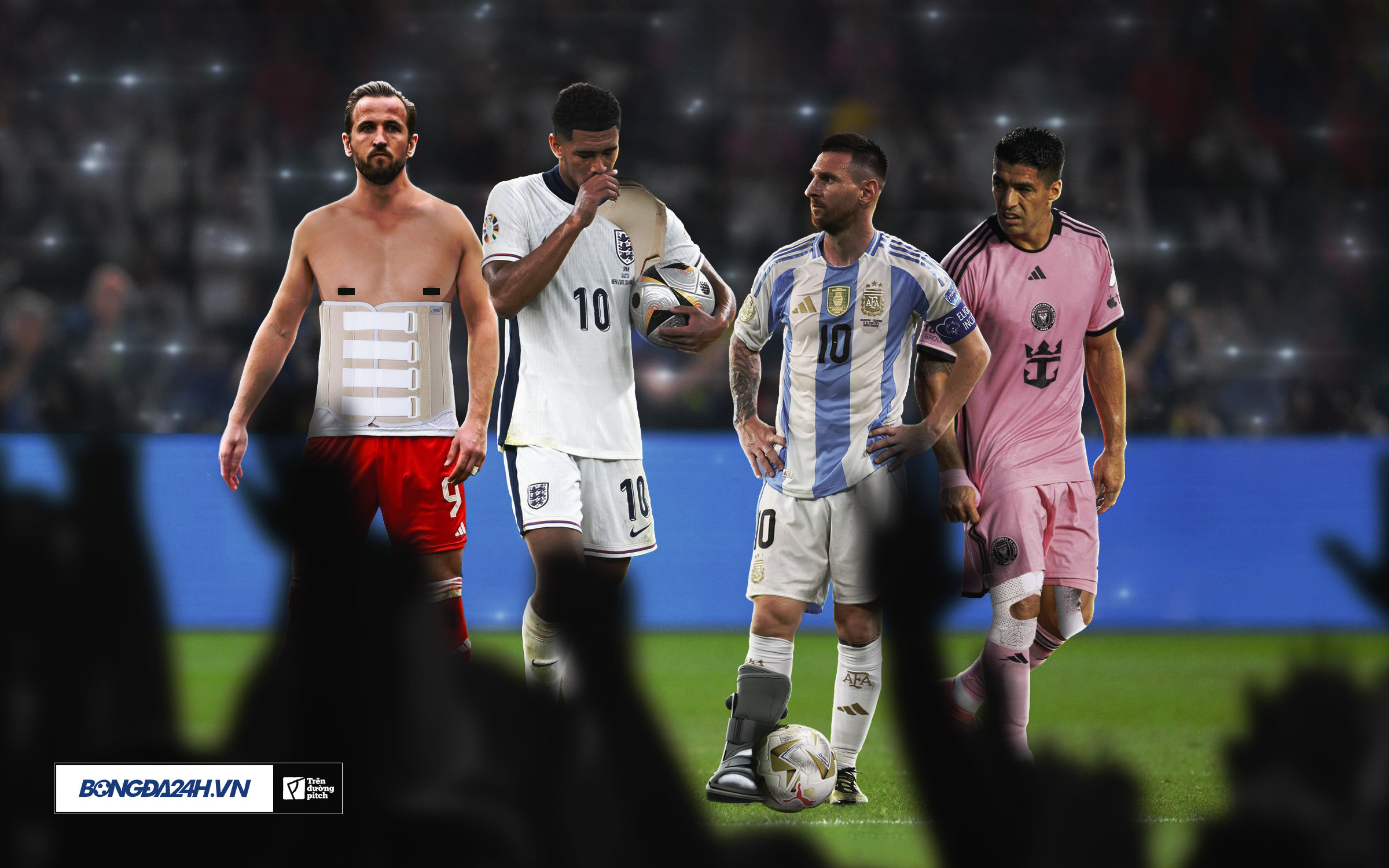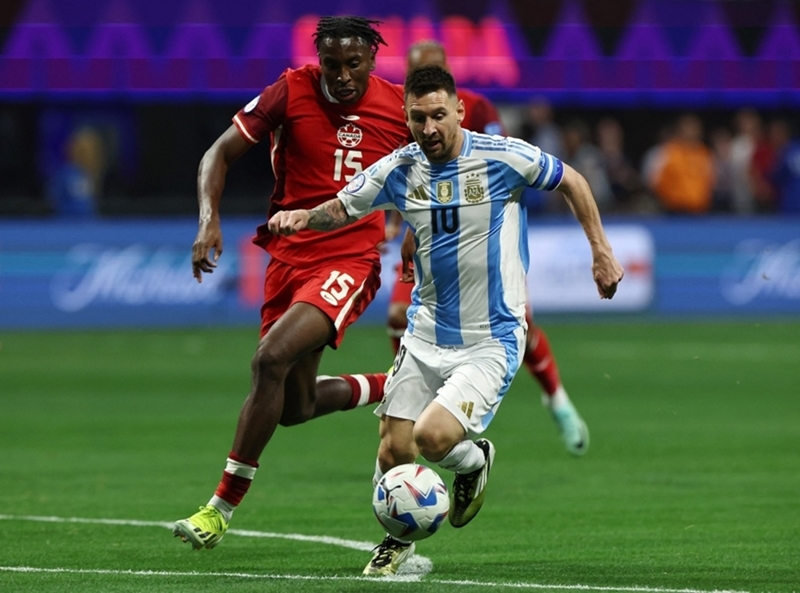Certainly, the sight of Harry Kane trudging off the pitch after an hour of ineffective play in the EURO 2024 final was not what England fans expected.

In fact, he should not have played at EURO 2024. Kane missed the end of Bayern Munich’s Bundesliga campaign with a back injury, which coach Thomas Tuchel described as “complete blockage” in his back, making it “difficult to do daily activities”. The injury was so severe that there were doubts he would be available for the Champions League semi-final against Real Madrid in May.
Kane isn’t the only player struggling. Jude Bellingham is still dealing with the after-effects of a dislocated shoulder he suffered in November and could require surgery at some point. Bellingham has been wearing a special strap on his shoulder for months to help him play comfortably.
Spain goalkeeper Unai Simon had wrist surgery shortly after the tournament, something he should have had long ago. He has been trying to get through Spain’s EURO 2024 campaign using pain-killing injections.

The same thing happened at the Copa America. You saw pictures of Lionel Messi in tears with his ankle twice its normal size after being injured in the final. He had to be treated to reach the final after suffering a groin problem in the second match against Chile.
His Inter Miami teammate Luis Suarez will also miss the upcoming MLS All-Star Game due to knee discomfort; it is likely related to the chronic knee problem he has been dealing with over the past few years.
Bournemouth’s Tyler Adams will be sidelined for the start of the Premier League season after undergoing back surgery. The American midfielder also struggled to play in the Copa America and may have had to undergo surgery sooner.
“Tyler wanted to play in the Copa America because it was important to him,” said Bournemouth manager Andoni Iraola. “But he was still in pain. So two days after the US team were eliminated, he had surgery.”

But after all, the biggest stars are the most disadvantaged, the most exhausted.
“It’s tough with the crazy schedule and then coming together at the end of the season for a final tournament,” Bellingham said after the final. “It’s tough on our bodies. Mentally and physically, you’re exhausted.”
At 21, Bellingham played 54 times for club and country in an 11-month season that ran from the second week of August to mid-July. Real Madrid manager Carlo Ancelotti tried to manage Bellingham’s playing time by occasionally giving him a week off, but even when he was on the bench, Ancelotti had to signal him to come on.
Bellingham is understandably tired. But his intensity is still relatively light compared to others. Bruno Fernandes was Manchester United’s eternal tree, ‘plowing’ 5,399 minutes last season. William Saliba, who is a regular starter for Arsenal in the Premier League, and Germany captain Ilkay Gundogan have also played more than 5,000 minutes. “It’s a very tough season,” Gundogan said at EURO 2024.

Julian Alvarez may not have played the same number of minutes (he’s ‘just’ 3,480 for Manchester City), but his schedule is just as demanding. His season starts on August 11 (August 6 if you count the Community Shield) and runs through to May, with the longest break between games being just 13 days.
Fifteen days after the FA Cup final, Alvarez made his first pre-Copa America appearance for Argentina. He played in two friendlies before starting all but one of Argentina’s Copa America matches. After a 10-day break, he was back in action for Argentina’s opening game of the Olympics – a long game against Morocco.
The men’s gold medal final is on August 9, meaning Alvarez’s 23/24 season could span almost a full year, with just a few days between games. Manchester City play the Community Shield the following day; let’s hope they don’t require him to hop on the Eurostar for that.
All of this supports the point being made by FIFPro, the global players’ union, and several top European leagues as they file a lawsuit against FIFA, accusing football’s governing body of running an “unbearable” international match calendar.


